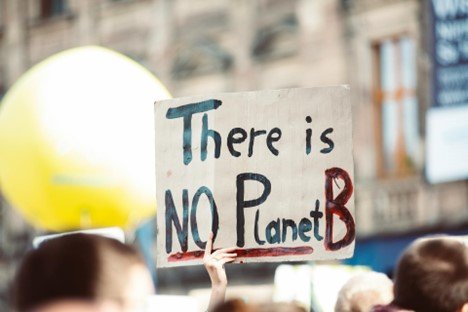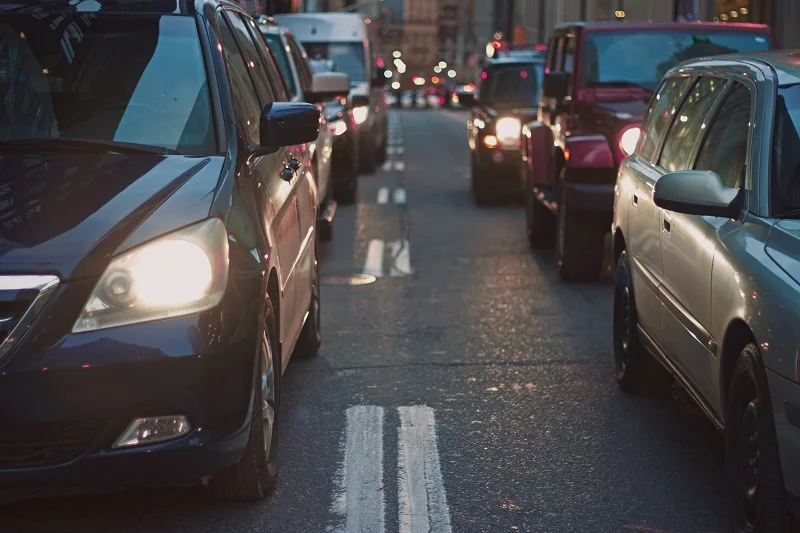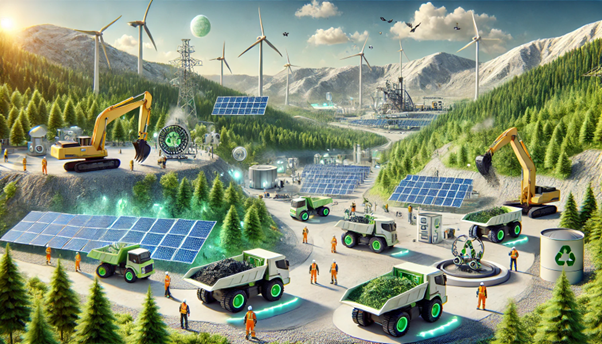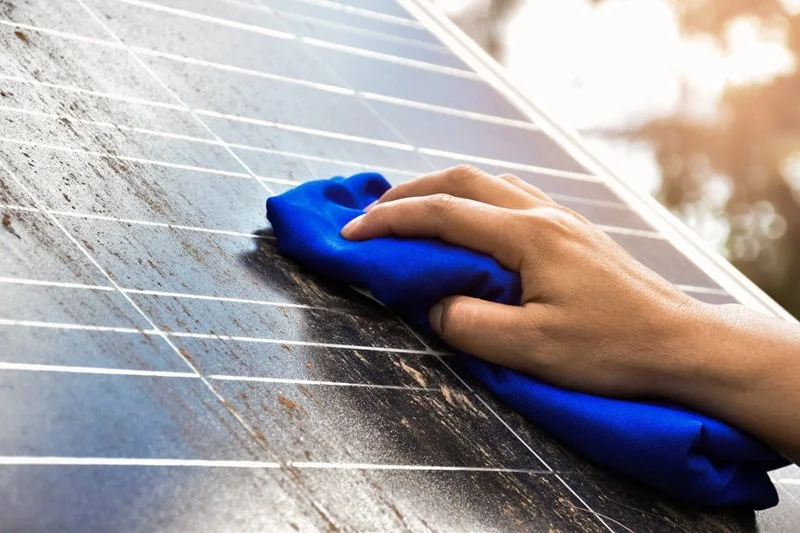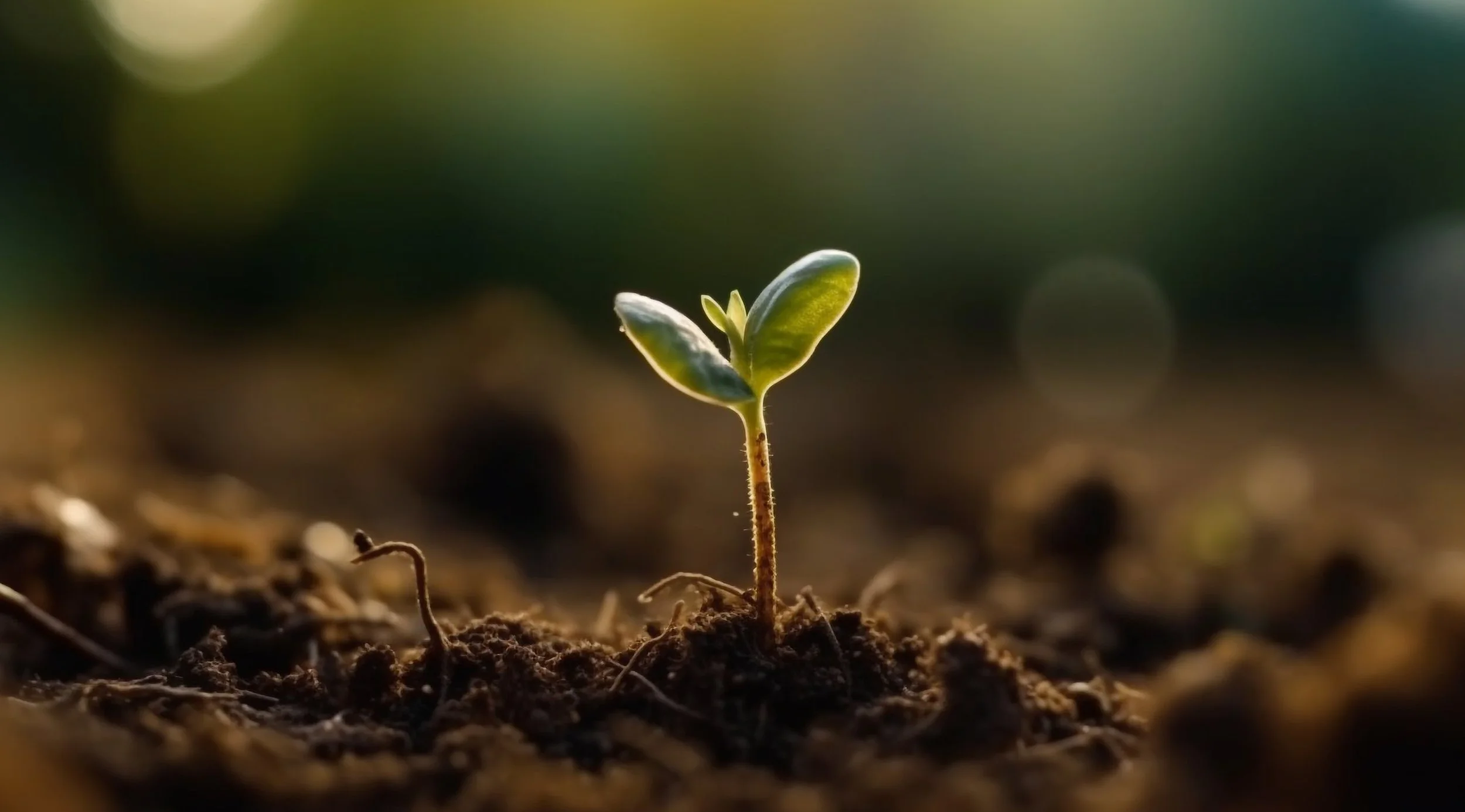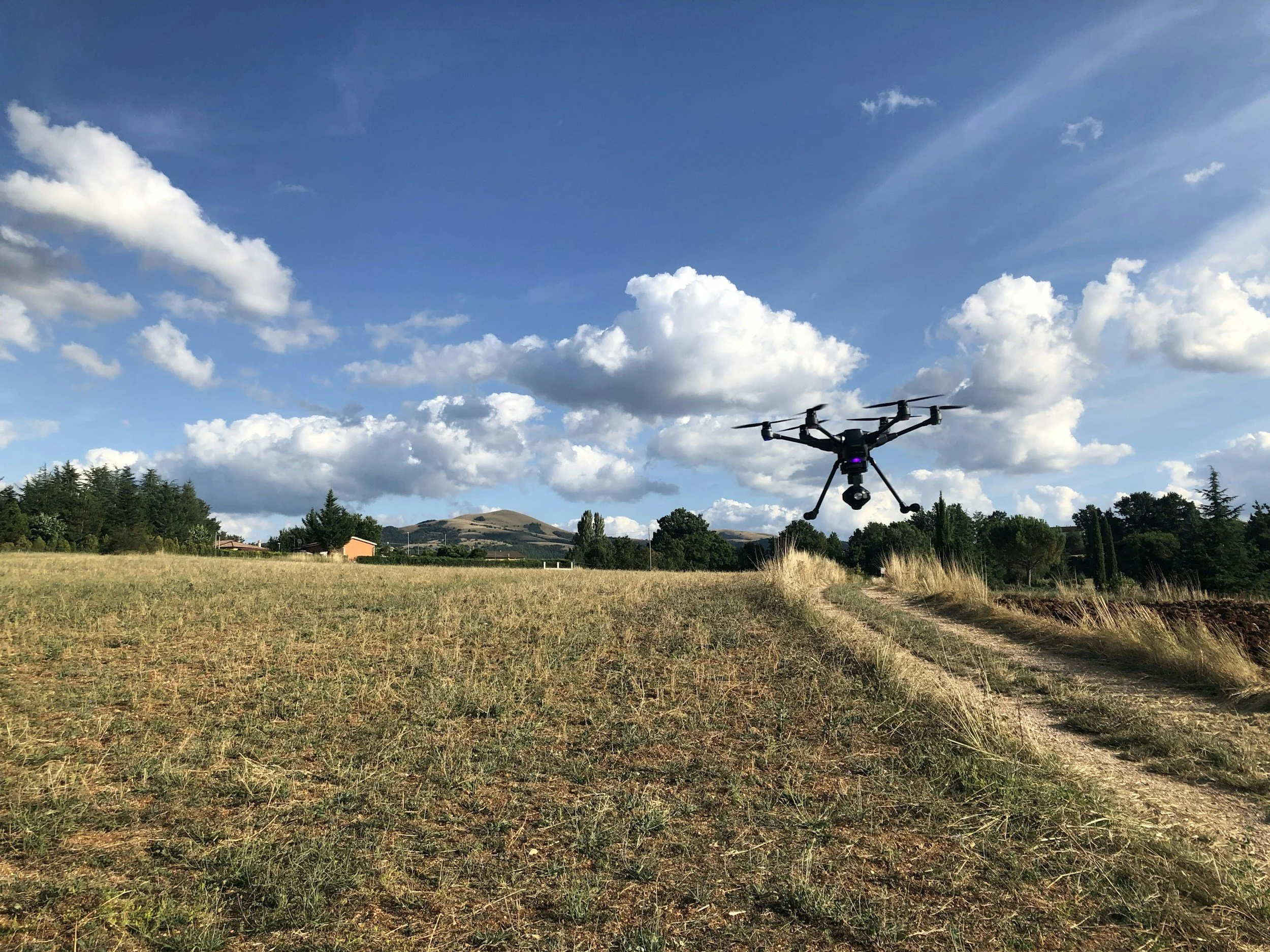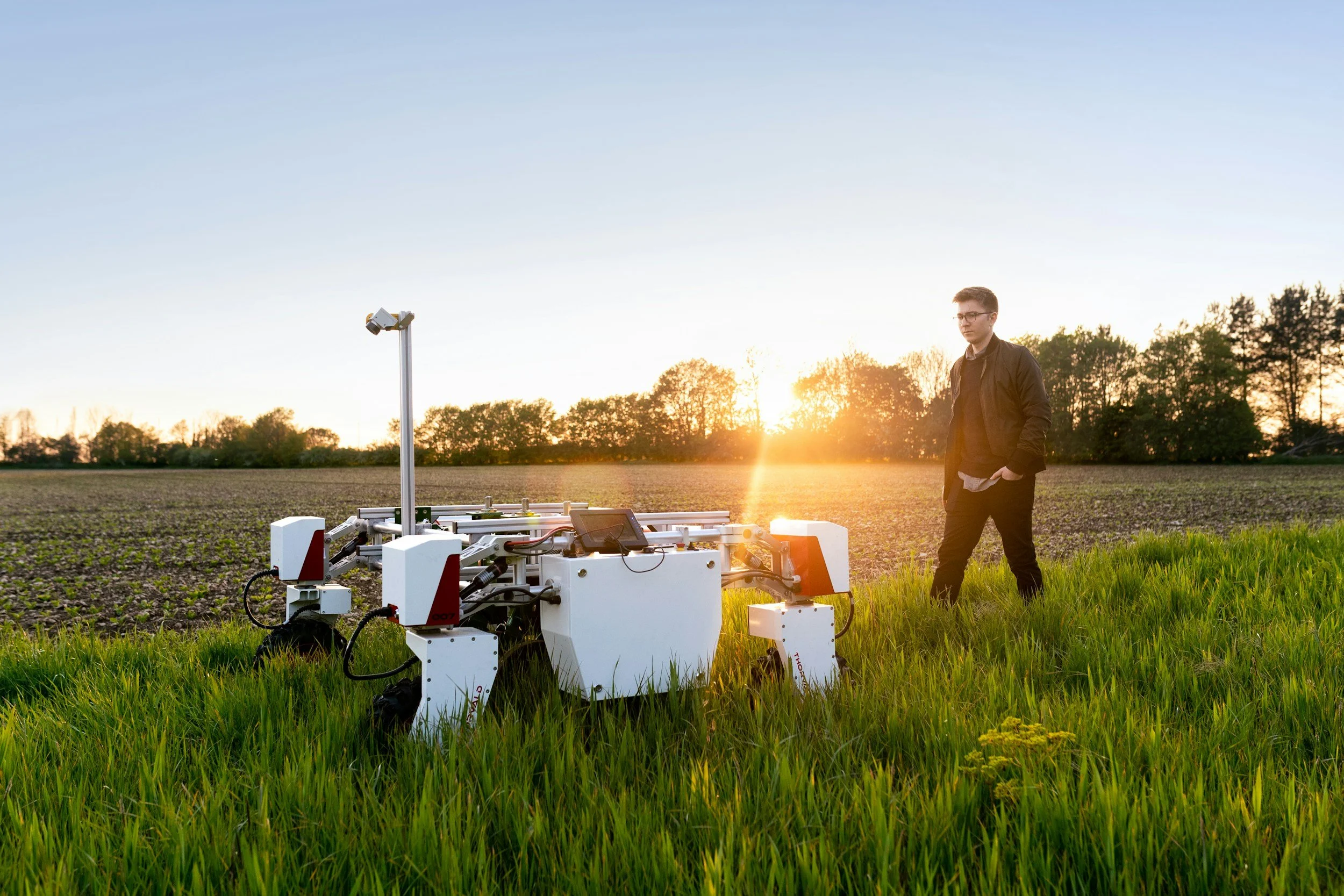Essential Guide to Building Emergency Preparedness Kits for Natural Disasters
/When calamity strikes, being well-prepared can make a significant difference in ensuring safety and comfort. Emergency kits are your first line of defense against the unpredictable wrath of nature. Creating a tailored emergency kit doesn’t just provide peace of mind; it’s a crucial survival tool. Let’s explore how you can assemble your own kit, backed by insights from those who have faced disasters firsthand.
Read More




